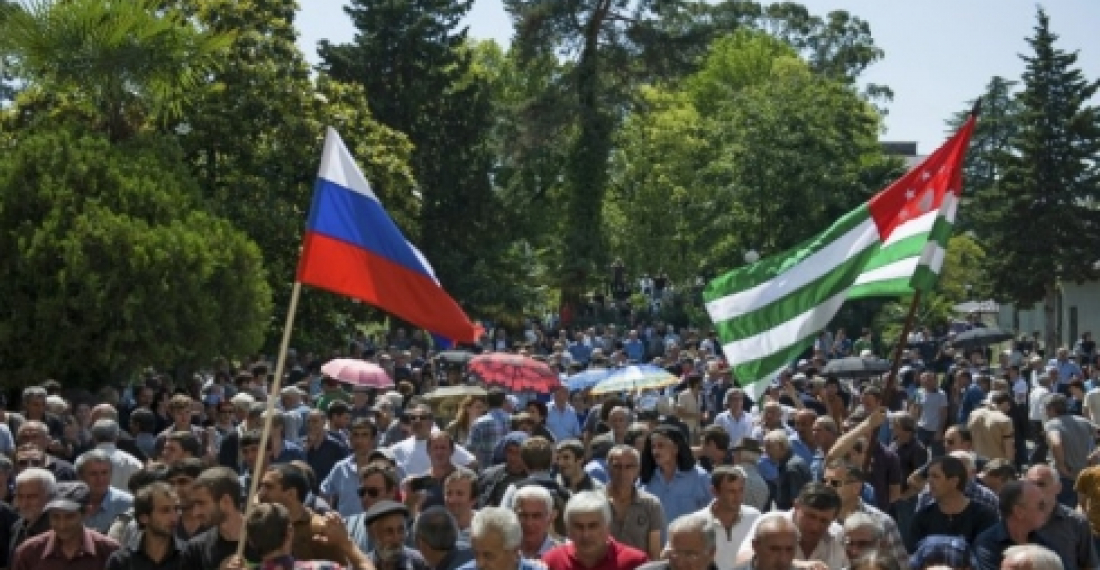The government of Abkhazia is set to join its ally Russia in imposing sanctions on Turkey, with a specific list of restrictions to be compiled over the next week.
Prime Minister Artur Mikvabia signed a decree on January 11 instructing ministers to propose economic restrictions on Turkish individuals and firms, citing the "strategic partnership" between Russia and Abkhazia as justification.
Ministries have until January 20 to specify their restrictions.
On November 24 a Turkish fighter jet shot down a Russian plane on Turkey's border with Syria, where Russian forces have been conducting air strikes since September.
The incident has led to heightened tensions between the countries, with Russian president Vladimir Putin quickly announcing sanctions after the incident, which included restrictions on imports and tourism.
Last March, Russia and Abkhazia signed a memorandum agreeing to coordinate foreign policy.
Trade with Turkey accounts for 18-20% of the breakaway region's total foreign trade turnover, according to the civil.ge news agency.
Deputy Prime Minister Dmitri Serikov said the economic interests of Abkhazia would be prioritised. "No one is going to cut off the branch on which we sit," he said.
Trade between Abkhazia and Turkey was 2.5 billion rubles (about $32.7 million) in the first ten months of 2015, according to Serikov, who said the sanctions will only affect imports, not Abkhazia's exports to Turkey.
source: commonspace.eu







